10 Tips to Improve Your Garden Soil
You may have never thought about it this way before, but the ground beneath your feet is full of life. The soil itself contains various minerals and nutrients, including water and oxygen, all of which work together to help make things grow and flourish. They’re the perfect recipe for life. Here are 10 tips on how to improve your garden’s soil.
But what happens when your garden’s soil is robbed of key nutrients, or the oxygen is snuffed out of it? I’ll tell you, you won’t have quite the results you were hoping for. Taking care of your garden soil is so important, not only for ensuring a better crop yield, but also to help take care of our planet.
10 Tips to Improve Your Garden Soil
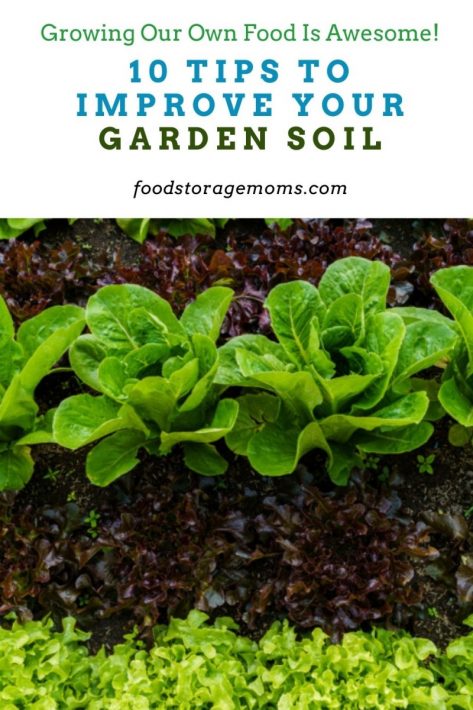
1. Keep It Organic
Some gardeners think they are doing their garden a favor by adding fertilizers, pesticides, and herbicides to it, but they’re actually doing more harm than good, especially when it comes to their garden’s soil. Adding these to your garden can throw everything off balance and you’ll find yourself working against nature, rather than with it.
By gardening, while using an organic approach, not only will it be an eco-friendlier solution, but you won’t have to worry that you’re damaging your soil. And yes, you can still improve your garden’s fertility, along with managing pests and diseases without having to use any of these harmful products.
2. Use Liquid Organic Fertilizers
Most of the tips that I have on here about improving your garden’s soil will take some time, but if you’re looking for a method that has more immediate results then try using organic liquid fertilizers.
Not only does it benefit your plants, but it also helps to add nutrients back into the soil at the same time. What’s also nice is that you don’t need to go to the store to purchase these fertilizers, as you can make your own organic liquid fertilizers with ingredients that you already have available to you. Here’s how.
3. Reduce Foot Traffic
Limiting the amount of foot traffic in your garden is another crucial tip for you to think about. When the soil becomes too compact, there’s a lot less oxygen and room for your plant’s root systems to stretch out. Undisturbed soil will be better aerated, providing the perfect living conditions for your plants to thrive. So, try your best to avoid stepping so close to your growing areas and reducing your steps.
4. Rotate Your Crop
Growing the same crops year after year in the same spot can deplete the soil of its key nutrients faster than it should. By rotating your crops, you’ll increase your garden’s fertility, and may even prevent diseases or plant pathogens from getting into your soil. Rotating your crops will provide your garden with healthier soil.
5. Add Nitrogen Back Into Your Soil
Nitrogen is one of the main nutrients that your garden desperately needs, but unfortunately, it’s the one that seems to diminish the fastest. To add the missing nitrogen back into your soil, all it takes is planting nitrogen-fixing plants. Your entire garden will also benefit if you decide to rotate these types of plants by placing them in a different location each year.
6. Plant More Perennials
It’s no secret that perennials come back year after year, but they do much more than just that. They provide healthier aerated soil because of their roots. They also increase the carbon sequestration that’s taking place beneath the soil. Over time, perennials help to build your garden’s soil in an organic and eye-appealing way.
7. Consider “Green Mulches”
Though you may not find it as attractive as laying down regular mulch, adding green mulch covering is one of the best ways to improve your garden’s soil over a period of time. There are several different green mulches that you can use. Grass clippings can be used to add nitrogen to your soil, while chopped weeds are a type of dynamic accumulator. A comfrey mulch is a source that’s rich in potassium and other important nutrients. Remember to remove the seed pods from the grass and weeds before adding them to the garden or you’ll have new plants show up you really don’t want.
8. Brown Organic Matter
Brown organic matter can be used to help trap the carbon that’s in the atmosphere so that it remains in the soil. There are several different kinds of brown organic matter out there that will help you improve your soil. You should consider adding some of these on a regular basis to your garden:
- Dead leaves
- Wood chips
- Straw
- Leaf mold
- Home-made compost
- Worm castings
- Dried-out animal manure
- Biochar (black organic matter that helps your soil retain water and nutrients better)
9. Add Other Key Nutrients
Just because you’ve added compost, mulch, and liquid fertilizer to your garden’s soil, doesn’t mean that’s all there is to keep it healthy. Every few years you need to be testing your soil to find out what nutrients may be lacking or missing altogether. Here’s a soil testing kit that you can purchase to help get you started.
There are a few natural and easy ways to add the right nutrients back into your soil. For instance, if your soil is experiencing calcium deficiency, you can add eggshells to it. Sprinkling Epsom salt on your soil will provide a magnesium boost while spreading wood ash will improve its potassium levels. Even seaweed that’s been laid down as a mulch in your garden will provide it with many key nutrients.
10. Terrace Steep Landscaping
For those of you with gardens that have steep-sloped landscaping, you may want to consider adding terraces and retaining walls so that your soil doesn’t experience so much erosion and lose its fertility as water washes the nutrients downhill. That way the soil will be able to retain water better, while also holding on to most of its nutrients. Plus, it looks attractive too!
Final Word
No matter what type of soil you may be dealing with in your garden, you can greatly improve its current condition by following these easy tips. You’ll have a healthy ecosystem beneath your soil, and your plants will be even more productive thanks to you. Can you think of any other ways that gardeners can improve their garden soil that I failed to mention? I’d love to hear from you. May God Bless this world, Linda
Copyright Images: Lettuce Deposit photos_462274472_s-2019

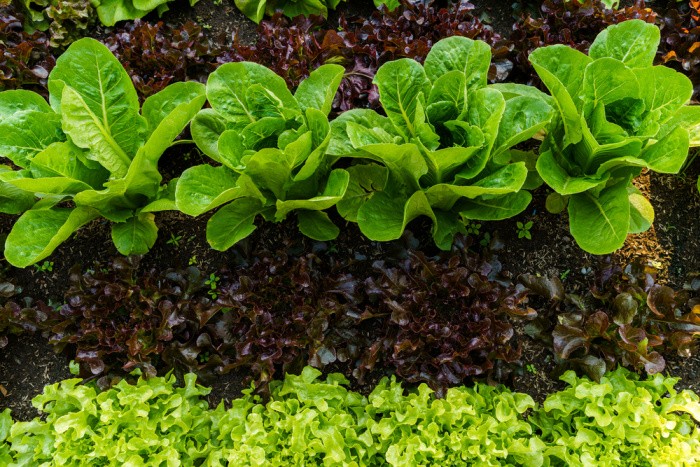

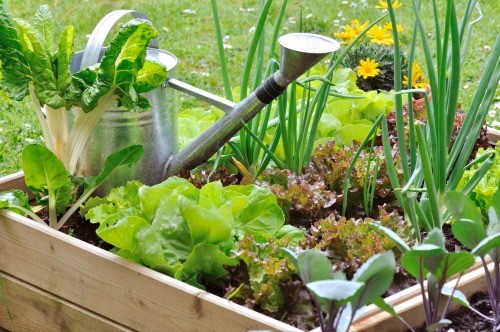
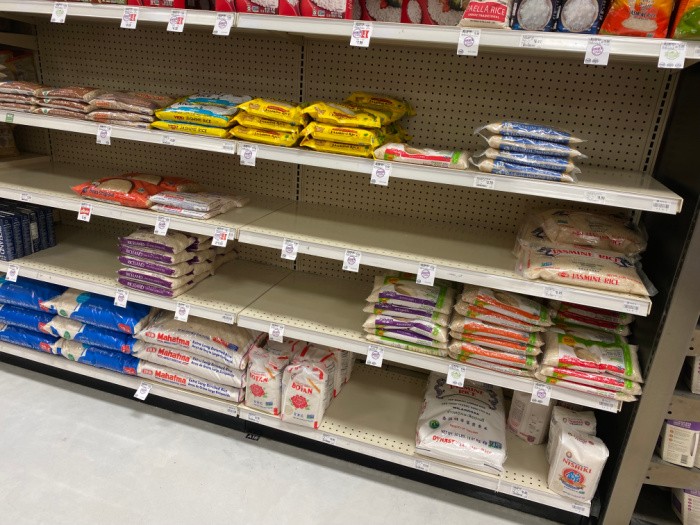
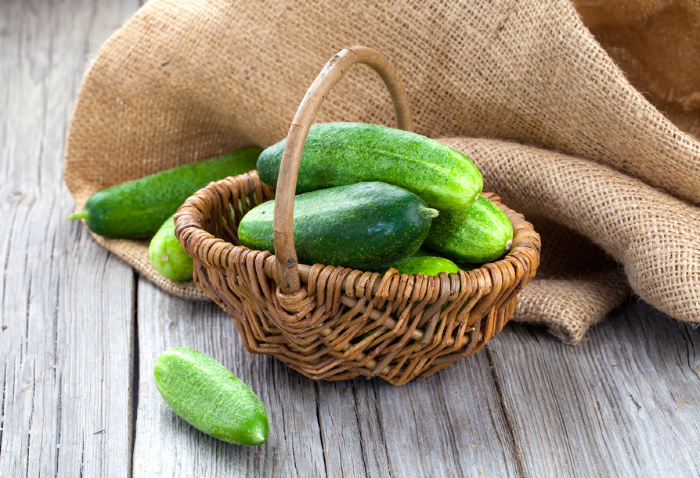
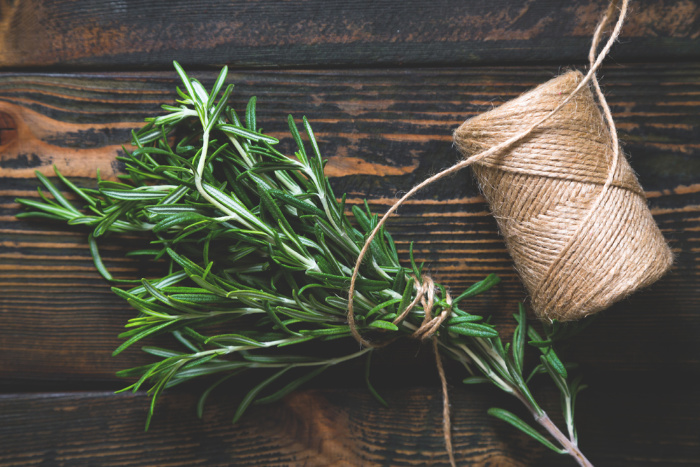
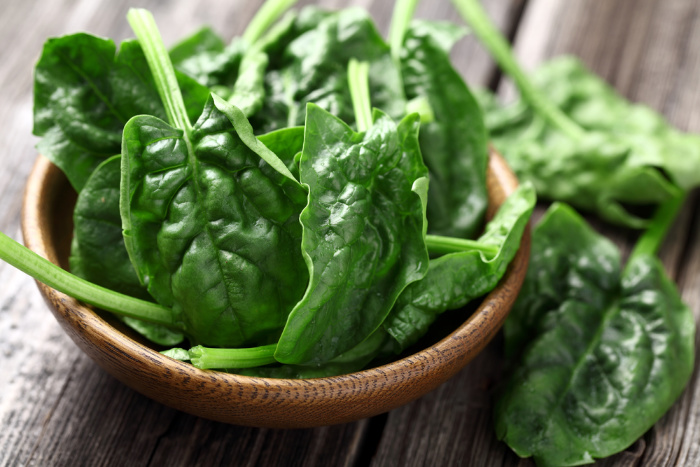
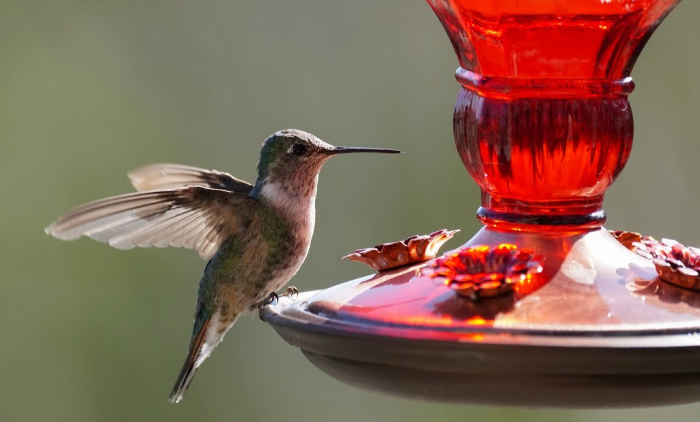
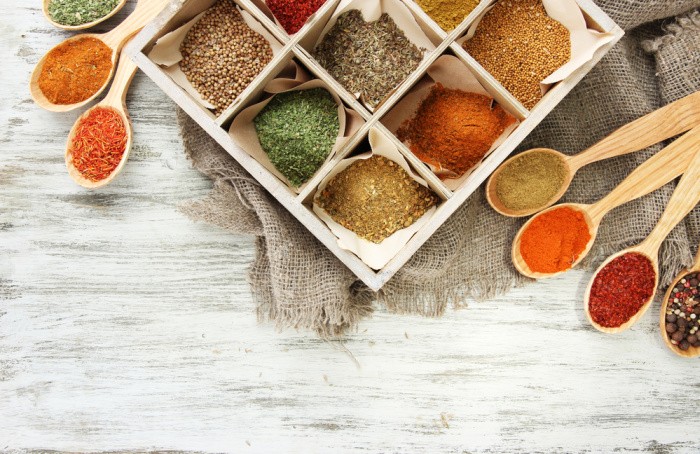


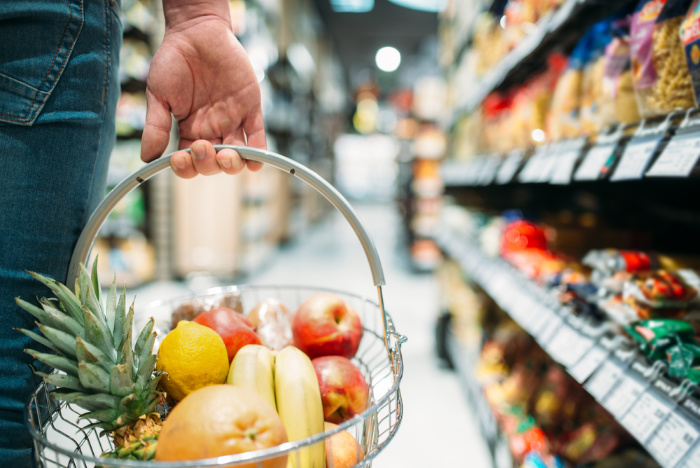
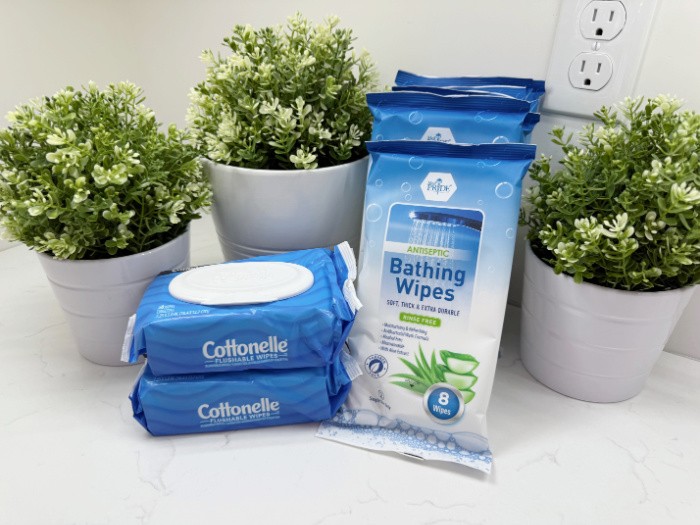

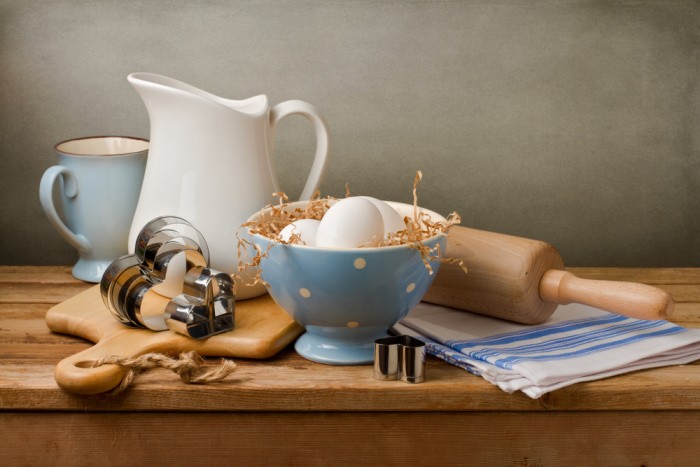



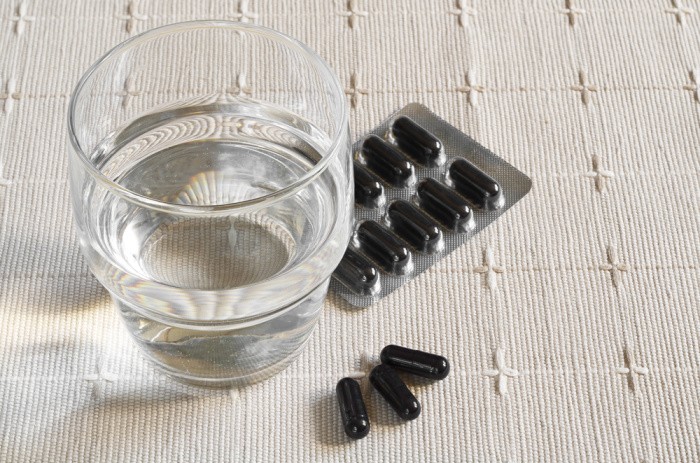
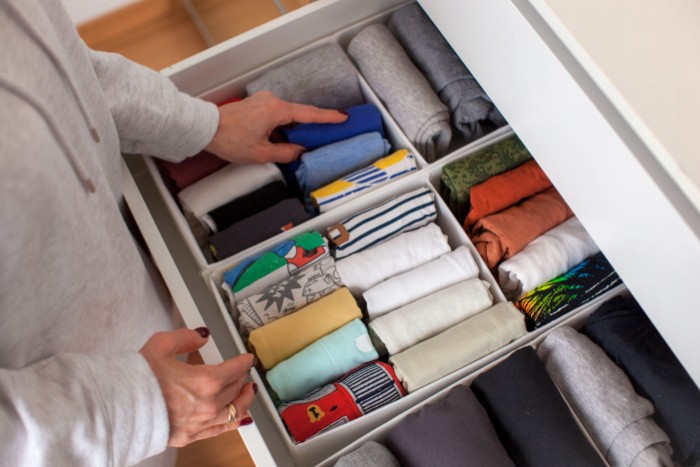

Wonderful tips as always, thank you Linda! The advice about adding nitrogen back into soil really stood out.
Not sure if it’s a cultural thing around here or if it’s widely used? But folks who tap maple or black walnut to make syrup traditionally dig a hole at the base of the trees & bury dried beans. I was always taught this is to give nitrogen back to the soil & “thanking” the trees for their sap.
Hi Amy, wow, the beans, I love learning this! I learn something new every day! Linda
When my grandparents were farming, they used nothing but “organic fertilizer”. In other words, chicken, cow, pig, and any other animal waste they could find. My Grandfather operated a small dairy and sold the milk for extra income. Every night, he shoveled out his dairy and the manure was then placed into the “pile” for be rotted down over time and then a manure spreader was used to replenish the fields were the cattle grazed.
My grandparents never used commercial fertilizer. In fact, commercial fertilizer strips the ground of it’s needed nutrient’s.
Top soil is built from the rotted manure and this is where all of the nutrient’s to grow a fantastic garden come from. Top soil in some area’s is only about 2″ thick. In other area’s it can be as deep as you can build it.
In my hobby farm, I use rabbit manure. It is garden ready. I have built up the soil here for 3 years now and I am ready to start gardening. Going to be hard because the soil hasn’t been worked in roughly 30 years. But to have a decent garden the rocks must be taken out and the nutrient’s worked back in.
Keep in mind the soil needs to be taken care of just like any other living organism. Take care of the land and it will take care of you.
Happy gardening everyone.
Hi Mae, I love your statement, “take care of the land and it will take care of you”!! This is so true. Thanks for your information about manure and using organic fertilizer. Life is good if we have a garden. Linda
I hope more people do try to grow their own food. I had seen on the News that there might be a gas
shortage do to lack of tanker drivers, that means not as many trips to the store. Growing your own food
you won’t have to worry about that.
In my flower pots where have my tomato plants I use crushed up egg shells, and coffee grounds.
I also water my plants with dish water the soap help keeps the bugs down on my plants.
Hi June, I just heard that yesterday about the shortage of tanker drivers. We for sure need to grow our own food or a large percentage of it. Tomato plants, that first red tomato….I LOVE it! Linda